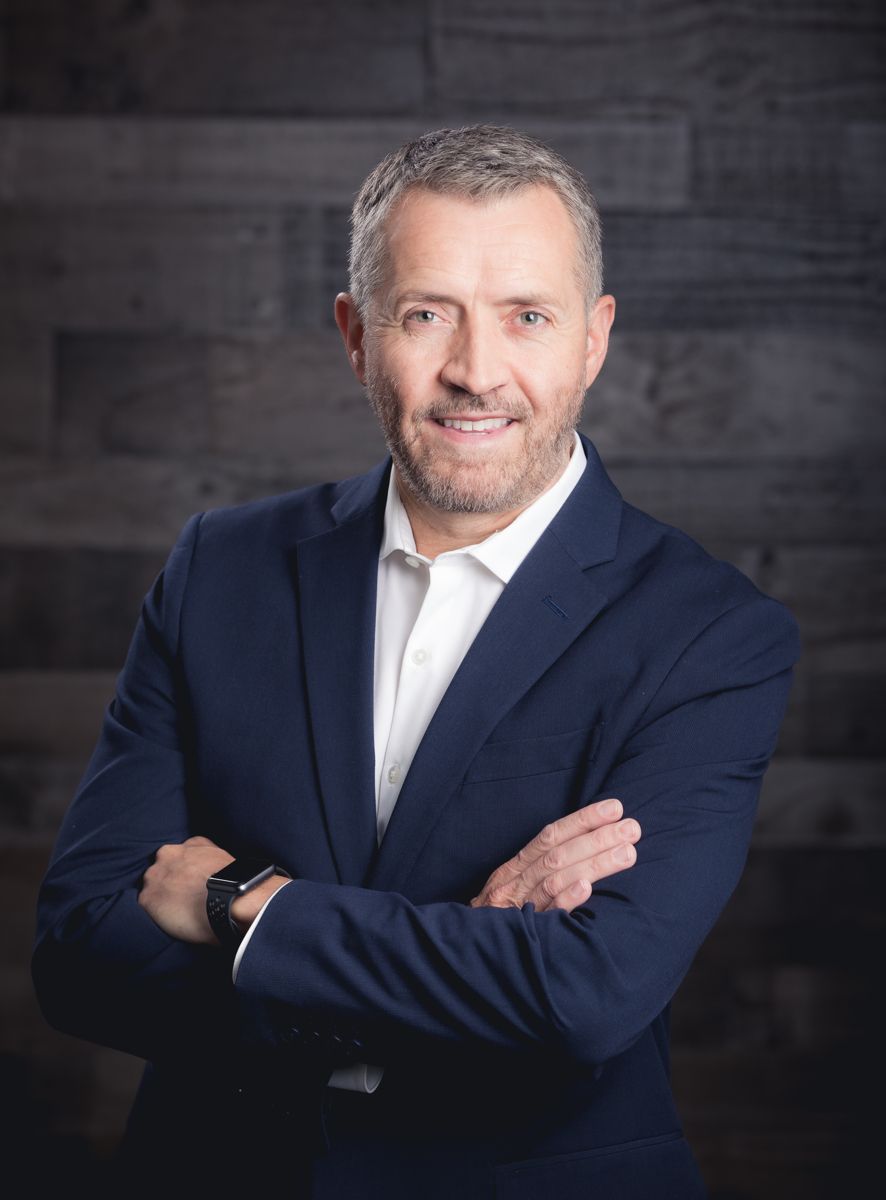Shifting to Commercialization
Sy Pretorius, COO & president of outsourced solutions at Eversana, dives into his new role in the space, after being a veteran in the clinical development sector.
Sy Pretorius

Last November, Eversana decided to add Sy Pretorius to its team, following nearly 26 years with clinical research organization, Parexel. Pharma Commerce caught up with the executive, discussing his new role and the adjustments he’s made in taking on the new position.
Pharma Commerce: You joined Eversana in 2022 after three decades in the clinical space. What pushed you to dive into the commercialization aspect of the industry?
Pretorius: I’m a physician by schooling and thoroughly enjoyed my time on the clinical development side. This is such an important part of the future of drug development. But I was very curious about the commercialization side, and I really enjoy this market segment. It is a large market that is going through an incredible transformation, similar to what I experienced firsthand in the development segment over the past decade. We continue to see significant increases in outsourcing penetration every year, combined with consolidation in what is a very fragmented provider space.
From a personal growth perspective, I have spent the last three decades learning as much as I could about drug development. This remains a core passion of mine and one that I share by lecturing at several universities. However, I realized that I know very little about how drugs are commercialized once successfully developed. This was a primary reason why I jumped at the opportunity to join this dynamic organization—to satisfy my curiosity about what it takes to commercialize a drug.
What have been the biggest learnings in this shift?
One of my biggest learnings has been that what was relevant and what worked well in drug development is not always relevant and may not necessarily work on the commercialization side. To this end, I find it surprising to see the relative distance and divide between these two groups (development and commercialization) within many pharmaceutical companies. Having now tasted both sides, my intuitive sense is that we can do more for patients (more efficiently and effectively) if we were less siloed across the drug lifecycle.
Even within the commercialization space, there is some fragmentation of the various services and disciplines which is often not optimal. Incidentally, this was a thesis behind the creation of Eversana—to create an end-to-end commercialization partner that can help drugs get into the hands of the patients that depend on them.
Additionally, commercialization is a critical part of any drug’s success and too many companies and drugs fail at launch. As an industry, we must do better, especially for the patients and their families that can benefit from these products.
What general lessons have you learned over the course of your career that could be applicable to your new position?
During my time on the drug development side, I have come to learn that getting a drug approved is one of the most complex and challenging tasks there is. I have since come to realize that getting a drug to patients once approved (i.e., the commercialization segment) is equally complex and challenging. Enlisting help from an experienced partner with a proven track record of successful commercialization can help with this daunting task.
Although, development and commercialization are vastly different segments, the core principles associated with being a pharma services provider remain the same: We all care deeply about patients (this is our why) and building and maintaining trust is critically important. As a service provider, you do this by doing what you said you were going to do (i.e., deliver on your commitments) and by being completely honest and transparent.
Where do you envision outsourced commercialization being in the next decade or so?
The future of this segment is very bright. It’s an incredibly exciting and dynamic space, and here are a few key trends that come to mind that I think we’ll see over the next decade.
First, there are many positive market dynamics that are driving the growth of this segment. Outsourcing of commercialization activities is growing at a healthy pace, according to many sources. It’s expected to continue to grow rapidly in the foreseeable future, mainly driven by margin pressure in the pharmaceutical industry caused by loss of exclusivity, the Inflation Reduction Act (IRA), the increasing cost of capital for smaller biotech innovators, and other factors. Additionally, outsourcing in the commercial segment is expected to increase to the 50- 60% outsourced level similar to what is today the case in the clinical development or contract research organization (CRO) segments. Again, massive opportunities in the future. According to many industry experts, including Jefferies, outsourcing of commercialization services is occurring with less than 20% of the industry. So, there are a lot of growth opportunities for the segment.
The second trend I see is really about innovation and disruption. In today’s marketplace, there are so many technologies converging at the same time that have the potential to revolutionize how commercialization comes to life.
From digital-first tools that consumers use in everyday tasks now playing an increasing role in healthcare decisions to the rapid growth of artificial intelligence offerings and so many more, forward-thinking innovators are bringing new ways of commercialization services. And it is very exciting for the industry and clients. We will continue to see innovation change how we deliver on the needs of the industry, and I’m thrilled to be a part of a team that is driving this change.
Newron, Myung In Pharm Form Partnership Centered Around Treating Schizophrenia in South Korea
January 14th 2025The license agreement will feature an upcoming Phase III trial and—depending on results—the development, manufacturing, and commercialization of evenamide as a potential treatment option.